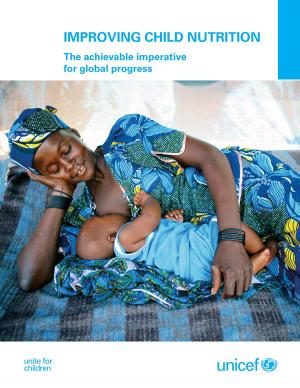Terror in Algeria, the In Amenas hostage crisis
Nonfiction, Social & Cultural Studies, Social Science| Author: | Rédaction de Paris Match | ISBN: | 9782357102705 |
| Publisher: | Filipacchi | Publication: | March 22, 2013 |
| Imprint: | Filipacchi | Language: | English |
| Author: | Rédaction de Paris Match |
| ISBN: | 9782357102705 |
| Publisher: | Filipacchi |
| Publication: | March 22, 2013 |
| Imprint: | Filipacchi |
| Language: | English |
On January 16, 2013, a group of jihadists attacked the In Amenas gas production field in Algeria. The attack took place only a few short days after the French army had launched a military action against Islamic militants in neighbouring Mali. Forty heavily armed assailants assaulted hundreds of employees on their way to work, at dawn. During four full days of captivity, the hostages would be beaten, humiliated and, eventually, executed. They were separated according to their identity and religion, and used as human shields. While the Islamic fanatics were determined to slaughter and die as martyrs, the Algerian army stormed the compound without any prior attempt at negotiation. At least thirty-eight civilians lost their lives in this tragedy. They had come to work at In Amenas from around the world: Great-Britain, the United States, France, Japan, the Philippines…
Reporters from the famous French weekly magazine “Paris Match” gathered enough evidence and testimonies in Algeria across North Africa to provide an hour by hour timeline of the murderous raid. They recount the victims’ suffering and pay tribute to the anonymous heroes willing to give their lives to save dozens of colleagues. Their exclusive revelations also provide some answers to the questions raised by this horrific carnage. Who are these men, determined to kill innocent people in cold blood, and face-to-face? What are their goals? How did they obtain their weapons? Who gave them such accurate information? Who is Mokhtar Belmokhtar, the Al-Qaeda in the Sahara warlord and the leader of this brigade of fanatics?
A few days after the outcome, Paris Match is now publishing the first detailed account of a bloodbath, which will be remembered as one of the most ghastly terrorist attacks of the current decade. We are now only beginning to understand its consequences.
By Marie-Pierre Gröndahl and Alfred de Montesquiou, with Lemine Ould Salem and Zinab ben Zita
On January 16, 2013, a group of jihadists attacked the In Amenas gas production field in Algeria. The attack took place only a few short days after the French army had launched a military action against Islamic militants in neighbouring Mali. Forty heavily armed assailants assaulted hundreds of employees on their way to work, at dawn. During four full days of captivity, the hostages would be beaten, humiliated and, eventually, executed. They were separated according to their identity and religion, and used as human shields. While the Islamic fanatics were determined to slaughter and die as martyrs, the Algerian army stormed the compound without any prior attempt at negotiation. At least thirty-eight civilians lost their lives in this tragedy. They had come to work at In Amenas from around the world: Great-Britain, the United States, France, Japan, the Philippines…
Reporters from the famous French weekly magazine “Paris Match” gathered enough evidence and testimonies in Algeria across North Africa to provide an hour by hour timeline of the murderous raid. They recount the victims’ suffering and pay tribute to the anonymous heroes willing to give their lives to save dozens of colleagues. Their exclusive revelations also provide some answers to the questions raised by this horrific carnage. Who are these men, determined to kill innocent people in cold blood, and face-to-face? What are their goals? How did they obtain their weapons? Who gave them such accurate information? Who is Mokhtar Belmokhtar, the Al-Qaeda in the Sahara warlord and the leader of this brigade of fanatics?
A few days after the outcome, Paris Match is now publishing the first detailed account of a bloodbath, which will be remembered as one of the most ghastly terrorist attacks of the current decade. We are now only beginning to understand its consequences.
By Marie-Pierre Gröndahl and Alfred de Montesquiou, with Lemine Ould Salem and Zinab ben Zita















